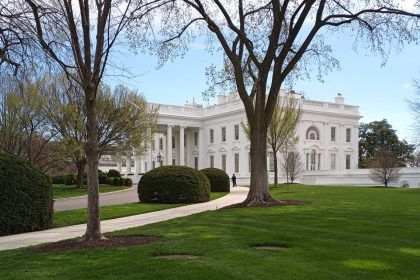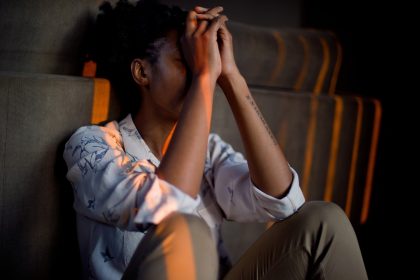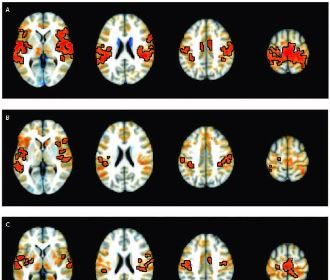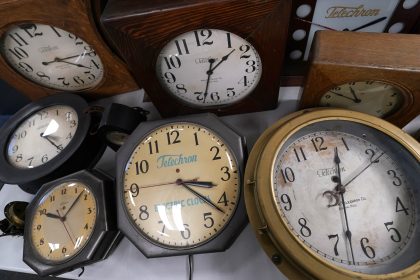Trump Touts His Cognitive Test Results. How Would You Do?
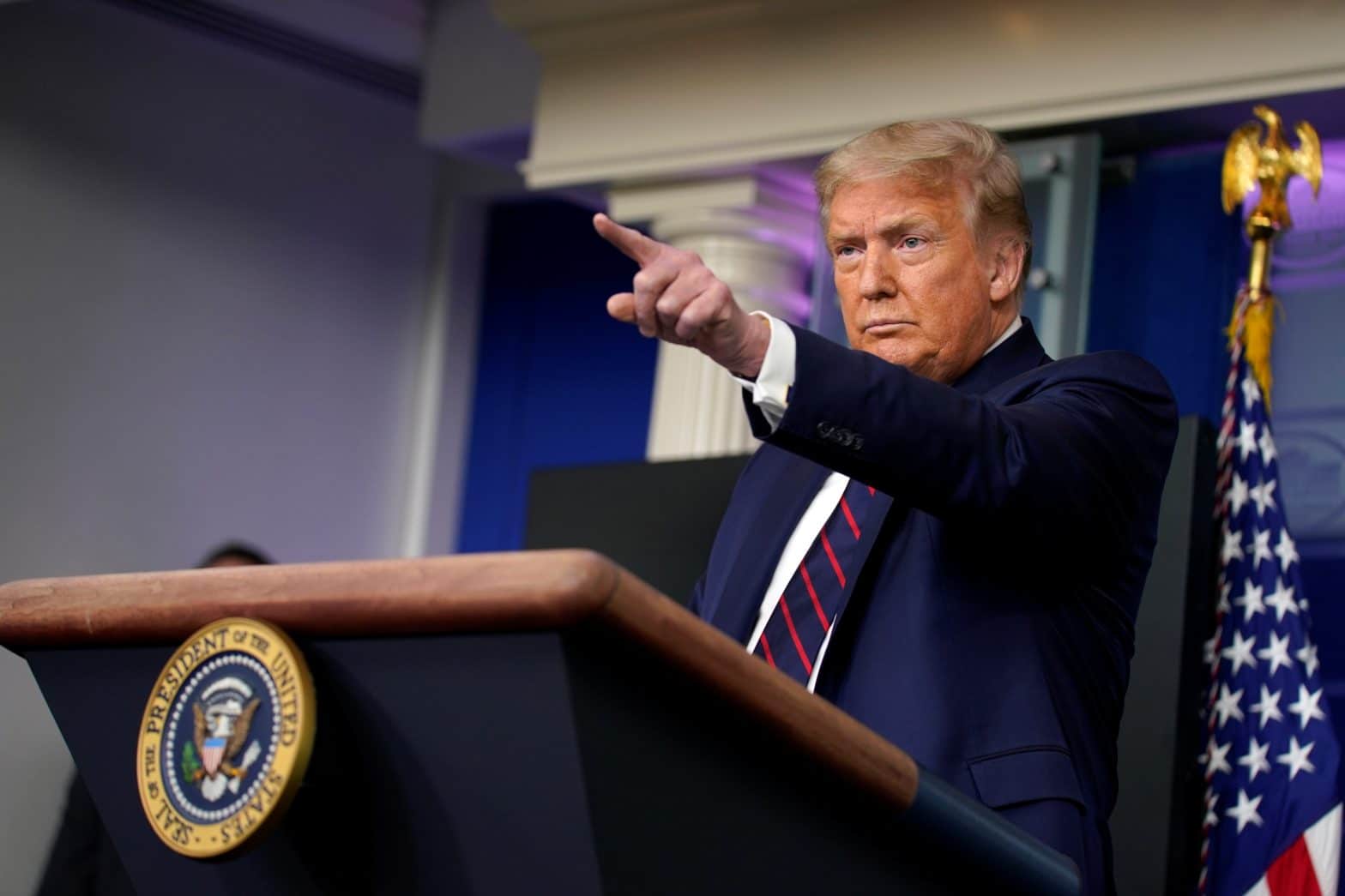
WASHINGTON – There’s probably never been a month in presidential politics like July 2020.
For the better part of it, the current occupant of the White House, President Donald Trump, has sought to display his mental fitness on television, by reciting in interviews what he said was a sample cognitive testing sequence.
“Person. Woman. Man. Camera. TV,” the 74-year-old president said on Sean Hannity’s primetime Fox News show.
“Person. Woman. Man. Camera. TV,” Trump said again during a session with Chris Wallace on “Fox News Sunday.”
Most recently, in an appearance with Dr. Marc K. Siegel, a professor of medicine at New York University, Trump defended his mental fitness for office by describing the cognitive test he said he’d taken.
Typically, the president beams with pride reeling off the series of nouns: “Person. Woman. Man. Camera. TV.”
Just as often he crows that presumptive Democratic president nominee Joe Biden wouldn’t do as well as he did.
Almost from the moment Biden entered the 2020 presidential contest last year, Trump has been suggesting the former vice president has lost some of his mental sharpness. But no matter how often he’s referred to “Sleepy” Joe or said “the guy has just lost it,” the attacks don’t seem to be working.
Instead, the president’s defense of his ability to handle the mental rigors of the job, has sent viewers scrambling online to find free cognitive ability tests to take on their own or with a friend.
“‘Person. Woman. Man. Camera. TV … nobody gets it in order … but for me, it was easy,” Trump declared during one Fox News appearance.
“If you get it in order, you get extra points,” he said.
“Now Joe should take that test because something’s going on,” Trump said. “And, I say this with respect. I mean — going to probably happen to all of us, right? You know? It’s going to happen.”
What does Joe Biden have to say about all this?
“I can hardly wait to compare my cognitive capability to the cognitive capability of the man I’m running against,” he said last month in answer to a reporter’s question.
Trump has said that he asked Dr. Ronny Jackson, who last acted as his physician in 2018, if there was a mental acuity test he could take. At the time the president was furious over his depiction in the book “Fire and Fury: Inside the Trump House,” in which journalist Michael Wolff described some White House advisers questioning his fitness for office.
Jackson later recorded that the president had received a score of 30 out of 30 on the Montreal Cognitive Assessment.
The problem with all this, experts in neurology say is that the assessment, also called the “MoCa” is a basic screening test. It doesn’t measure IQ, nor does a high score rule out declines in reasoning, memory or judgment.
Dr. Raymond Turner, professor of neurology and director of Georgetown University’s Memory Disorders Program, said the MoCa measures a range of cognitive abilities, including attention, memory, language, visuospatial skills, and “executive function,” which includes abstraction, reasoning, and insight.
If all answers are correct the score is 30, but a normal performance is considered anything score greater than 26.
Turner noted that one must also take the tested person’s age and level of education into about because the normal score declines with aging and with less education.
Asked if it’s common to use the assessment on a 74-year-old man in the course of an examination, Turner said, there is no clear consensus on the issue because the treatments for dementia it may help diagnose are inadequate.
“If there is any suggestion of cognitive decline either from the patient or from others who know the individual well, the MoCa or a similar test should be used to assess cognition,” Turner said, adding “cognitive testing may also be used for older individuals to assess continued fitness for duty.”
Turner said a sitting president should have a MoCa score in the 29-30 range, which Trump appears to have done, and that a lower score would raise concerns.
“Anyone seeking higher office should be evaluated for fitness for duty by their regular healthcare provider,” he continued, adding that the test and the results are a private matter between the patient and their provider.
Asked if there is an age someone should take the assessment regardless of symptoms, Turner said “this is a controversial issue.”
“Some advise annual cognitive screening beyond age 60 or 65, others recommend no screening since currently available treatments are inadequate – and testing only if and when new symptoms appear,” he said. “Again, when more effective treatments and preventions become available, screening will be justifiable from a risk/benefit and cost/benefit analysis,” he said.
Want to see how you’d do on a cognitive test? While these vary from a test one would find in a clinical environment, some free sample tests can be found here
















